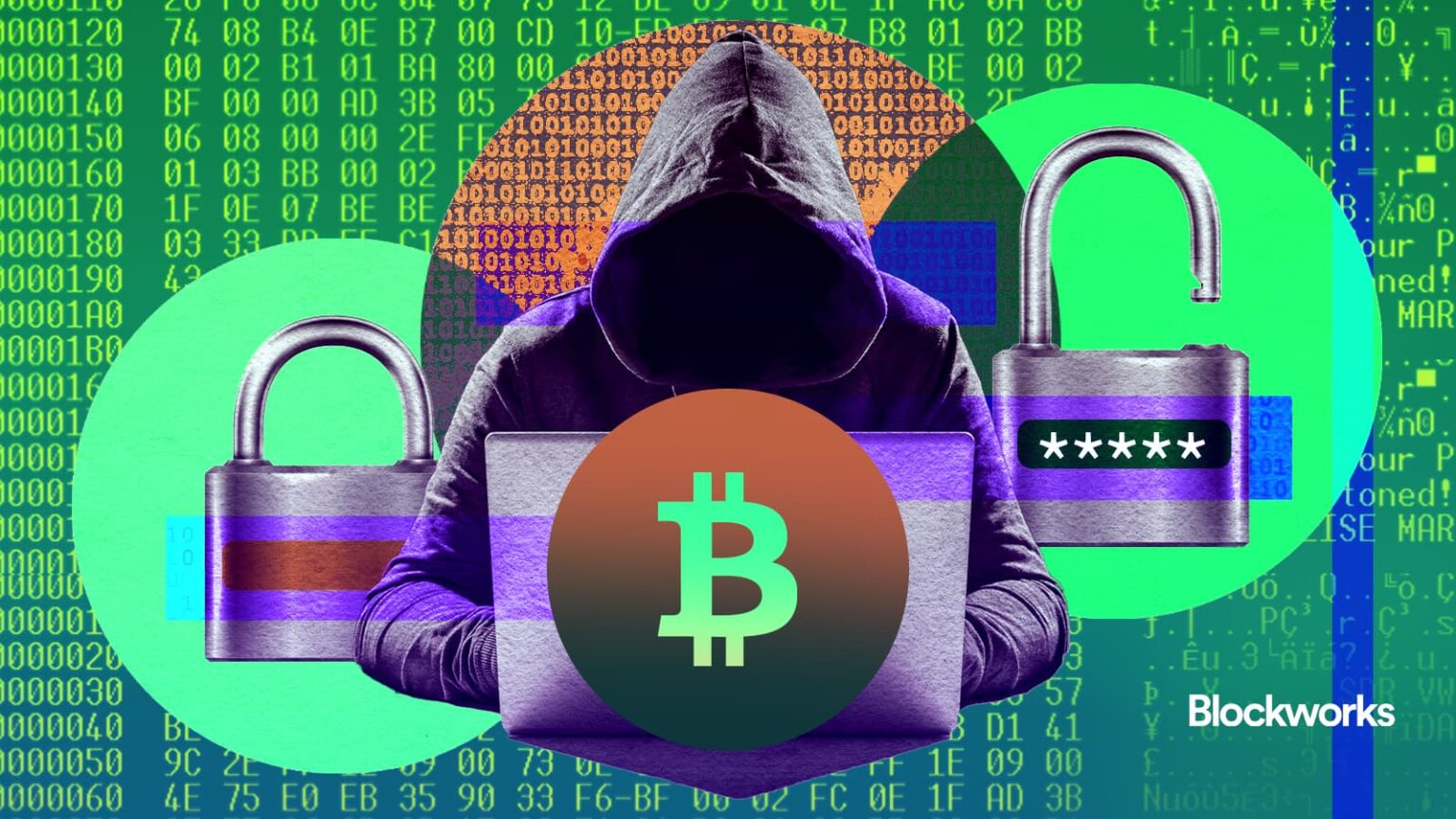Bitcoin Resilient to Old Malware Trick in 2014 ‘Ston(e)d’ Incident
Historical Virus Signature Mistaken for Blockchain Data
Amidst ongoing debate over Bitcoin’s value and environmental impact, a curious 1990s-era computer virus demonstrated surprising relevance in 2014.
In April 2014, an attempt was made to sabotage the Bitcoin network by injecting code resembling the “Stoned” virus—created over two decades earlier—into the blockchain.
The notorious Stoned virus, one of the first computer viruses ever developed, displayed a pro-pot message when infecting a system. Created in 1987 at the University of Wellington, it famously rendered messages like “Your PC is now stoned! LEGALIZE MARIJUANA!” visible upon booting an infected machine.
The Attack
In May 2014, a Windows 7 user reported false positives from Microsoft Security Essentials, detecting the Stoned virus signature seemingly within Bitcoin’s blockchain data. The antivirus software began deleting relevant files, preventing nodes from syncing due to the large volume of data required for Bitcoin node operation.
Digital sleuths, including IT professional Didier Stevens, later confirmed the mischief stemmed from a deliberate attack. Transactions broadcast in early April 2014 contained byte sequences matching the Stoned virus code.
An earlier Pastebin posting described the methodology: “Spamming the bitcoin database with virus signatures,” aiming “to cause havoc” and warning of a “drop in the value of bitcoins.” The anonymous author encouraged others to “spam the Bitcoin database.”
Origin of the Byte Match
Although technically plausible (if the blockchain data naturally replicated the virus signature), the attack relied on a statistical quirk. According to experts, the Bitcoin hashing mechanism likely generated numerous-by-chance byte sequences coinciding exactly with the Stoned virus hexadecimal code, triggering the antivirus alert.
Microsoft quickly addressed the issue by patching Security Essentials to ignore the false detection.
Aftermath
Despite the technical success of the attack in generating false positives, the Bitcoin network weathered the incident unscathed. Nodes not directly targeted were unaffected, and there was no noticeable impact on the network’s hash rate or Bitcoin’s price.
The episode, while technically successful, failed to cause widespread disruption. A subsequent discussion thread on Reddit Litecoin serves as a documented example of the impact, which periodically resurfaded online attention.
Though dismissed by many as a narrow technical glitch, the event briefly recalled the joke virus responsible, serving as a reminder of older digital threats unexpectedly surfacing in the cryptocurrency space years later.












